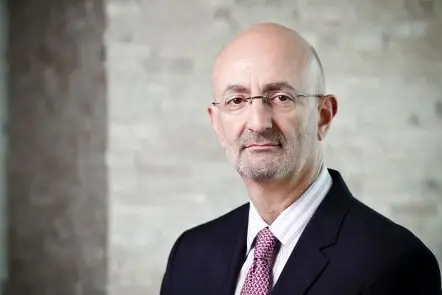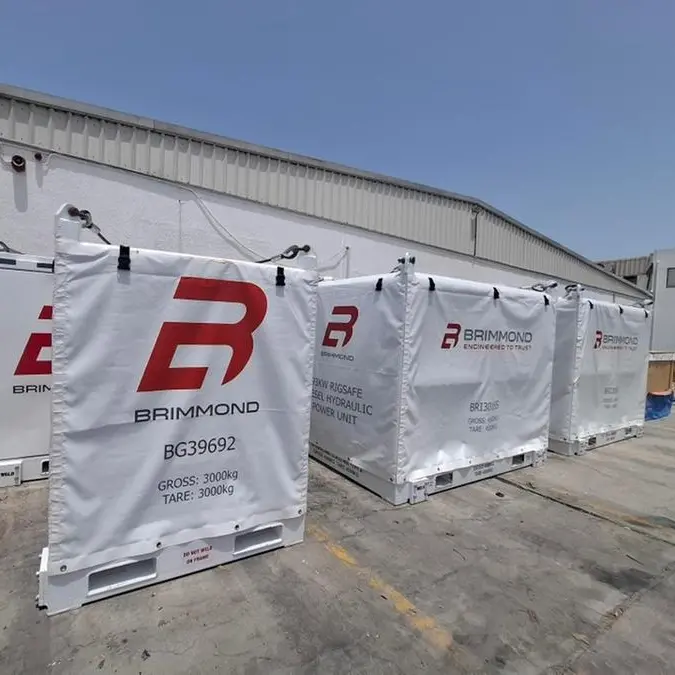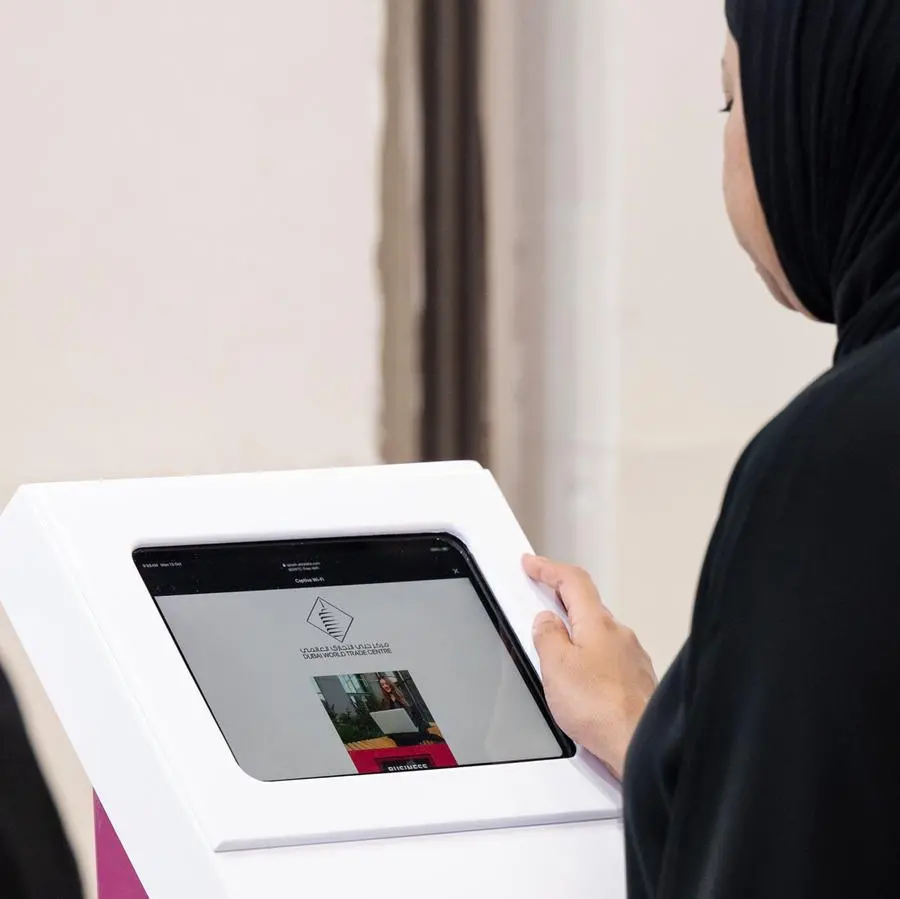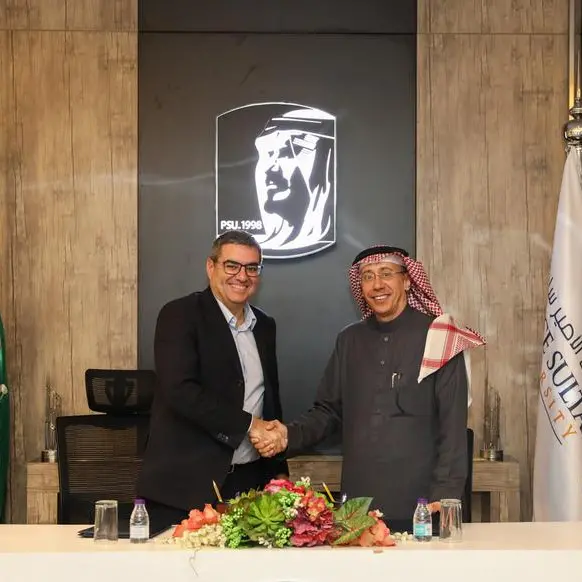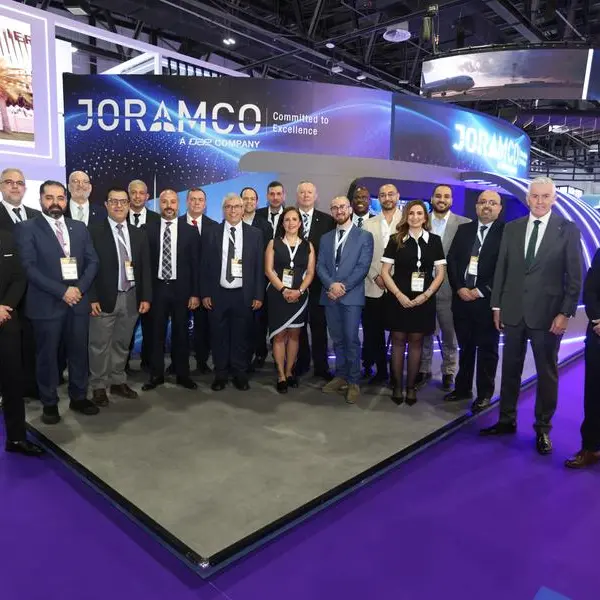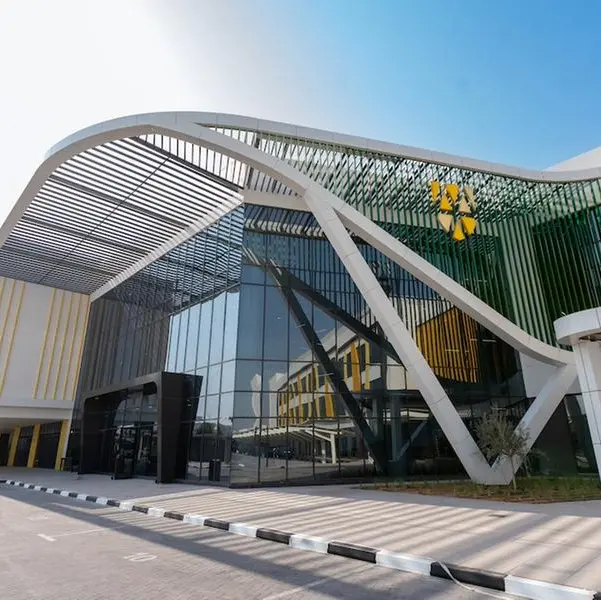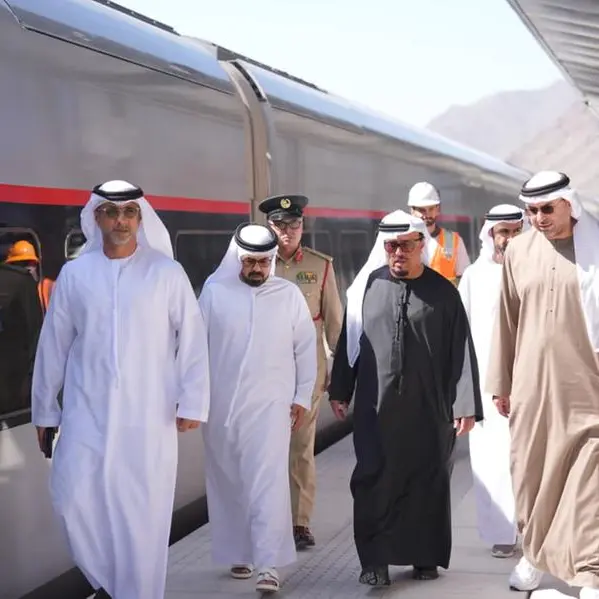PHOTO
Dubai, UAE: Emirates Investment Bank (“EIBank”), an independent private bank based in the UAE, today published the 2018 edition of its annual “GCC Wealth Insight Report” (the “Report”). The Report, which is published for the fifth year, provides intelligence on the collective economic and investment outlook of High Net-Worth Individuals (“HNWIs”) from across the Gulf Cooperation Council (“GCC”) and the main elements that drive their investment decisions.
For the purposes of this study, HNWIs are defined as individuals with US$2 million or more in investable assets. Interviews for this year’s survey were conducted between October and December 2017.
Report overview
Increased economic optimism amongst HNWIs in the GCC is the overriding theme of the 2018 Report. Almost two thirds of HNWIs included in the survey believe the current global and regional economy is improving or staying the same, attributing their optimism to the perceived recovery from previous economic crises and increased political stability. HNWIs in the GCC also expect the positive global and regional economic trajectory to continue over the next five years.
Positive economic sentiment in the GCC region has coincided with an uptick in preference for keeping assets closer to home and investing in GCC assets. Confidence in the GCC’s economic stability, together with the recognition of external risks, has prompted GCC HNWIs to mitigate risk and increase their exposure to regional markets.
This confidence in the regional economy is evident in HNWIs’ strong endorsement for the GCC, and the UAE in particular, as an attractive wealth management location for HNWIs from the region and from the rest of the world. They point to the UAE’s tax efficient system and sustainable economic model as the main reasons they choose the UAE as a wealth management destination.
Alongside the optimism and positive outlook seen in this year’s survey, the 2018 Report indicates that HNWIs are still somewhat cautious about the uncertainty in the economic and political environments. This is evident in the increase in HNWIs concerned with preserving wealth, as over a third say their priority now is to preserve wealth rather than pursuing a strategy of growing wealth, a notable increase from 2017. The percentage of those focused on growing their wealth has dropped to less than two thirds of respondents, bringing wealth accumulation to a five-year low.
The distribution of HNWIs’ wealth is broadly similar to previous years, with investing in their own business remaining the top choice. However, there does appear to be an uptick in allocation to real estate and a slight shift away from cash in comparison to last year.
Commenting on the Report, Khaled Sifri, CEO of Emirates Investment Bank, said, “2017 was certainly a surprising year. The global economy’s strong performance has given HNWIs in the GCC a greater sense of optimism, both in the global and the GCC economy. Factors like the GCC’s stability, attractive investment opportunities and the low-tax environment are seen as the main drivers behind the growing confidence in the region’s economy, and the increased preference for investing in Gulf assets. This confidence was also evidenced by the strong appeal for the GCC, and the UAE in particular, as an attractive location for wealth management.”
“At Emirates Investment Bank, we support our clients through every stage of their wealth journey. Through these uncertain, but increasingly hopeful times, we ensure that our clients get the support they need to navigate the most complex of situations.”
Current economic sentiment
Positive views on both the global economy and the regional economy reach similar levels in 2018, after two years of cautious sentiment
HNWIs in the GCC are more positive about the condition of the global economic situation in 2018 than they have been in the last two years. Respondents were evenly split with a third believing the global economic situation is improving, another third thinking it will remain the same, while a third sharing a view that it is worsening in 2018. This increase in economic optimism is driven by a sense that economic recovery is underway, that there is greater stability, and that business growth is leading to more investment opportunities.
Similar to global sentiment, nearly a third of HNWIs believe that the economic situation in the GCC will improve in 2018, showing a more positive sentiment for the region in comparison to 2017. Those who are negative about the economic prospects for the region remain relatively high, albeit lower than last year. A lower portion of respondents in 2018 have taken the view that the situation will remain the same than any other year the survey has been conducted.
2018 shows increased positivity amongst HNWIS when asked about the economic situation in their own GCC country. HNWIs in the UAE remains amongst the most positive, despite a decline in positivity from 2017. Despite some improvement in HNWI views in Saudi Arabia, Oman, Bahrain, and Qatar in comparison to 2017, around half of the respondents in Saudi Arabia and Kuwait believe the situation is worsening in 2018.
Economic outlook
Looking five years into the future, HNWIs have a positive outlook for longer term global economic prospects and continued optimism for the Gulf Economy.
Consistent with previous years, just over three quarters of HNWIs are optimistic about the economic prospects for the global economy over the next five years. The outlook has picked up significantly in 2018 compared to 2017. This optimism is mainly driven by stability and positive economic signs, although almost a quarter of HNWIs are still cautious, with instability of major economies and geopolitics causing the most concern.
For the Gulf region, three in four HNWIs say that they are optimistic about the economic prospects over the next five years – slightly down compared to previous years. Nevertheless, the proportion of HNWIs who say that they are ‘very’ optimistic about prospects for the Gulf region shows a significant improvement over last year. Current oil prices and upcoming high-profile events, such as Expo 2020, were stated as reasons for optimism, whilst the economic impact of regional conflict is still creating a concern.
UAE: a contender for global wealth management
The UAE stands ahead of the region as the most appealing wealth management location for HNWIs in the GCC.
In this 2018 GCC Wealth Insight Report, HNWIs outline the UAE’s tax efficient system and sustainable economic model – one that strives to modernise itself regularly and introduce the latest technologies to build a knowledge economy - as the main reasons they choose the UAE as a wealth management destination. The majority of HNWIs based in the UAE manage their assets at home and nearly three quarters of GCC HNWIs rate the UAE as a top destination for wealth management in the region. Over the past three years a growing number of HNWIs have opted to keep their assets closer to home, which has also underwritten the evolution of the UAE’s regional wealth management hub status.
Investment decisions
Regional HNWIs continue to maintain a conservative approach to investing, mainly impacted by the local economic conditions.
Over two thirds of HNWIs say the local economic situation has changed their approach to investing and investment decisions, with the most commonly cited impact being the discontinuation of projects. A smaller portion – over half of HNWIs – say the global economic situation has changed their approach to investing, while the most commonly cited impact is them becoming more cautious and more risk-averse about making new investment decisions.
More than half of HNWIs say that the geopolitical situation in the Arab region has changed their approach to investing. Other than regional geopolitics, oil prices, economic reforms and the introduction of VAT have had the most impact on investment decisions over the past year.
Financial allocation decisions
In 2018, a higher proportion of HNWIs are focused on preserving their wealth, in comparison to previous years.
In 2018, there has been an increase in HNWIs concerned with preserving wealth versus growing it. Those focused on growing their wealth has dropped to below two thirds of total respondents, bringing wealth accumulation to a five-year low.
The distribution of HNWIs’ wealth is broadly similar to previous years, with wealth most likely to be allocated to their own business. However, there does appear to be an uptick in allocation to real estate and a slight shift away from cash in comparison to last year.
In the near future, half of HNWIs say that they plan to increase their investment in their own business and in cash, whilst the same amount, also plan to increase their investment in real estate. HNWIs are more likely to decrease their investments in cryptocurrency and bonds than any other asset class. Meanwhile, three quarters of HNWIs believe they are well positioned in the equity markets.
Consistent with previous years, investors prefer to keep their assets closer to home, with nearly eight in ten HNWIs say that they prefer to invest in GCC assets. This is mainly driven by their confidence in the security of investments in the region, which is consistent with 2017. This year there is an elevated sense that other economies lack stability and present risk.
Those who prefer a global investment portfolio has dipped to below a quarter, the second lowest reading over the last 5 years. For those global investors, the desire for diversification and risk management continues to be the driving force. In terms of geographical preferences, there has been a shift towards emerging markets both currently and in the future. HNWIs with a global investment portfolio are looking to invest more in China, India and Brazil over the next 3-5 years.
-Ends-
Research background
The GCC Wealth Insight Report 2018 is based on a survey of 108 High Net Worth Individuals (HNWIs) from Saudi Arabia (n=31), the United Arab Emirates (n=28), Kuwait (N=13), Bahrain (n=12), Oman (n=12), and Qatar (n=12). Interviews were held in each country, and conducted face-to-face in Arabic and English among the national population as well as expatriates.
The fieldwork took place throughout the GCC between October and December 2017. For this survey, Ipsos undertook the role of conducting face-to-face interviews and data collection. Brunswick Insight then led the data analysis and presented the conclusion of findings.
The full 2018 “GCC Wealth Insight Report” is available on www.eibank.com
About Emirates Investment Bank pjsc:
Emirates Investment Bank is an independent private bank based in Dubai. It offers a wide-range of investment and banking services to an exclusive, but diverse, client base of high-net-worth individuals from across the region and around the world.
Emirates Investment Bank seeks to build long-term partnerships based on a foundation of trust, stability and integrity, which allows it to appreciate the unique circumstances and objectives of each of its clients. This personalised approach guides Emirates Investment Bank when providing its clients with bespoke banking solutions in connection with their wealth, business, and every day affairs.
Emirates Investment Bank is regulated by the Central Bank of the UAE. Its stock is listed on the Dubai Financial Market (Ticker: EIBank). For further information, please visit: www.eibank.com.
